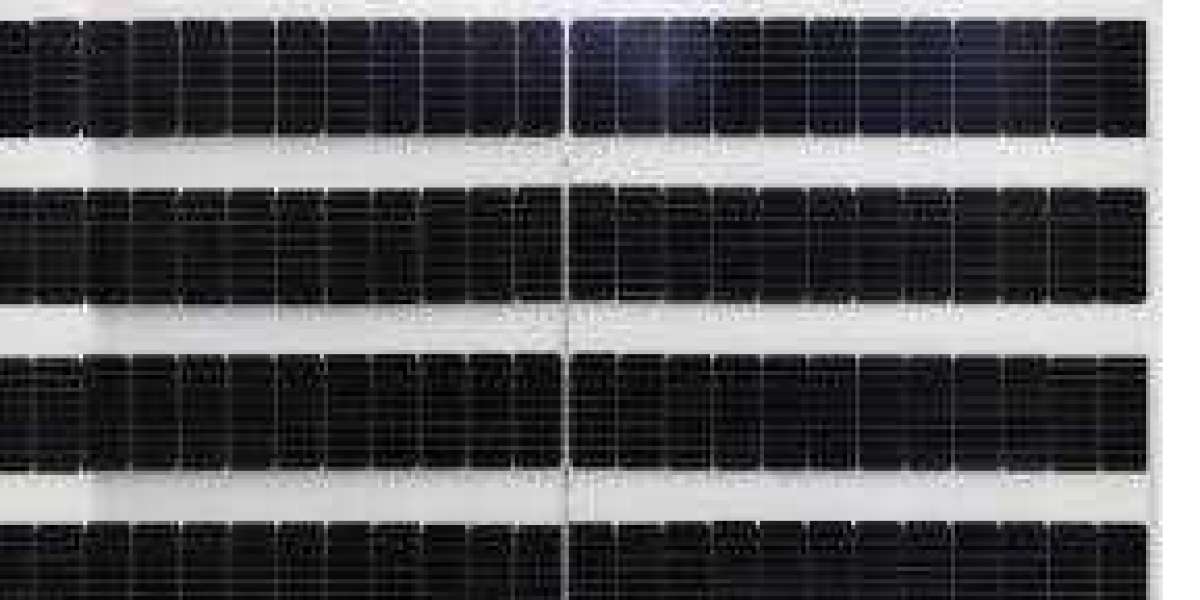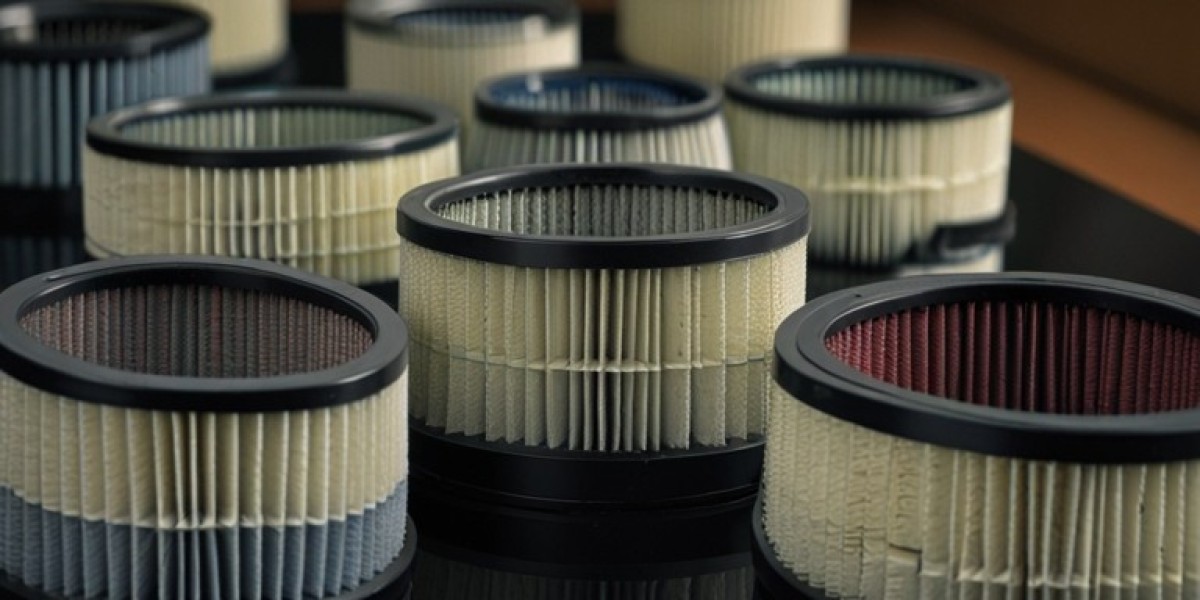Transparent solar panels are thin, plastic-like transparent panels that can be attached to transparent surfaces, such as car windows and buildings. The panels can also be used in other areas, from skyscrapers with large windows to mobile devices such as cell phones, laptops, and e-readers. These solar windows could simply replace traditional glass windows in offices and homes and have the potential to turn every building in the world into a solar power station.
The solar cells in a transparent solar panel must absorb sunlight (photons) and convert it into electricity (electrons). These cells selectively utilize parts of the solar spectrum that are invisible to the naked eye, while allowing normal visible light to pass through. The use of transparent solar panels can drastically reduce the use of fossil fuels, resulting in clean, efficient, and affordable energy, which may also help protect the environment. The new technology could help eliminate fossil fuel consumption of global energy.
While transparent solar panels have their advantages, there are some problems with using the technology. First, these technologies are not readily available. Until recently, most solar panel installations relied on imports from abroad and were custom-made rather than mass-produced.
Thin film solar panels are commonly used in large utility projects and some professional applications. Thin-film panels are made by depositing a thin layer of conductive material onto a backplane made of glass or plastic.
Thin-film panels are generally not used in residential installations because they are far less efficient than monocrystalline or polycrystalline panels. With roof space at a premium, residential customers opt for more traditional crystalline silicon panels to maximize the space available to them for production.
However, thin-film technology is less expensive to manufacture and becomes a more cost-effective option on a larger scale. For commercial and industrial projects without any space constraints, the inefficiency of thin-film technology does not matter. In these cases, thin-film panels often end up being the most cost-effective option.
Also, if you've ever seen flexible solar panels on an RV or boat, thin-film technology is what makes this possible.
Jiaxing Fuying Composite Materials Co., Ltd. is a PV solar panels manufacturer in China. The company is committed to the research, application, production, and sales of Transparent BIPV Modules and BIPV solar panels.



